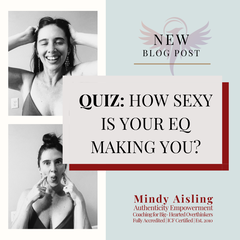 Embark on a journey of self-discovery with the "How Sexy is Your EQ (Emotional Quotient) Making You?" test, designed to illuminate the facets of your EQ, also known as emotional quotient or emotional intelligence. Your EQ is a key determinant of how effectively you navigate the intricate terrain of emotions in both personal and interpersonal realms. This quiz, comprising ten thought-provoking questions, delves into your responses to various scenarios, shedding light on your emotional awareness, regulation, and interpersonal skills. Understanding your emotional intelligence is paramount as it directly influences the quality of your relationships, your ability to manage stress, and your overall well-being. By taking this test, you open a door to self-reflection and growth, gaining insights into areas where you excel and identifying opportunities for improvement. Enhancing your EQ can lead to increased resilience, stronger connections with others, and a sexier, more confident you. EQ Quiz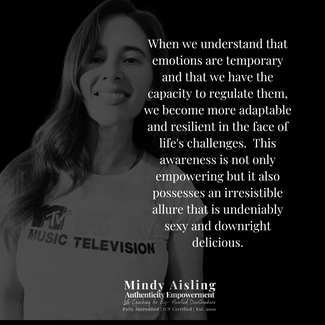 How do you typically respond to criticism or feedback? a) Get defensive and feel attacked. b) Reflect on the feedback and consider how to improve. c) Brush it off and don't take it seriously. In times of stress, how do you cope with your emotions? a) Bottle them up and avoid dealing with them. b) Seek support from friends or engage in activities that help you relax. c) Let your emotions take control and react impulsively. How well do you recognize and understand other people's emotions? a) Struggle to pick up on subtle cues. b) Have a decent understanding, but sometimes miss the mark. c) Are generally perceptive and empathetic. When faced with a conflict, how do you usually approach resolution? a) Avoid confrontation at all costs. b) Communicate openly and seek compromise. c) Assert yourself aggressively to get your way. How do you handle setbacks or failures? a) Blame others or external factors. b) Analyze what went wrong and strategize for improvement. c) Take it personally and feel defeated. In a social setting, how do you engage with others emotionally? a) Keep conversations surface-level, avoiding deeper emotions. b) Share your feelings and encourage others to do the same. c) Dominate conversations with your own emotions. How do you express your emotions in a romantic relationship? a) Struggle to communicate your needs and feelings. b) Express your emotions openly and encourage your partner to do the same. c) Keep emotions hidden to maintain a sense of control. How well do you handle uncertainty and change? a) Feel anxious and resistant to change. b) Adapt and find opportunities in new situations. c) Embrace change without considering the emotional impact. How often do you practice self-care for your emotional well-being? a) Rarely prioritize self-care. b) Make an effort to practice self-care regularly. c) Believe self-care is unnecessary. When someone else is expressing strong emotions, how do you react? a) Feel uncomfortable and try to change the subject. b) Listen attentively and offer support. c) Dismiss their emotions as overreactions. Answer Key:
Scoring:
Congratulations on completing the "How Sexy is Your EQ (Emotional Quotient) Making You?" quiz! If you're eager to enhance your emotional intelligence further, there are numerous valuable resources available to guide you on this transformative journey.
Dive into books like "Emotional Intelligence" by Daniel Goleman or "The Power of Now" by Eckhart Tolle to gain profound insights into self-awareness and emotional regulation. Explore websites such as Psychology Today for articles and tips on emotional well-being. Podcasts like "The Science of Happiness" and "The School of Greatness" can offer engaging discussions on emotional intelligence and personal growth. Additionally, if you're seeking personalized guidance, consider exploring life-coaching services. I'm thrilled to offer my expertise in life coaching, providing tailored support to help you harness and elevate your emotional intelligence. Remember, investing in your emotional well-being is a powerful step toward a more fulfilling and balanced life.
0 Comments
In the intricate tapestry of human existence, emotions play a profound role. From joy to sorrow, love to fear, emotions shape our experiences and influence our decisions. However, sometimes these emotions can become burdensome, weighing us down and hindering our personal growth.
Showing up 100% means bringing our true selves to every situation and interaction. However, it's important to acknowledge that authenticity is not a static concept. Our moods, experiences, and circumstances can vary from day to day, making the way we show up 100% uniquely different each day. Showing up 100% can manifest in various ways and it is essential to honor our ever-changing authenticity. ➡️ Honoring Emotional Authenticity: Emotions are an inherent part of the human experience, and they fluctuate constantly. Showing up 100% means acknowledging and accepting our emotions without judgment. Some days, it might mean showing up with enthusiasm, radiating positivity, and spreading joy. Other days, it could involve embracing vulnerability and expressing sadness or frustration. Authenticity lies in allowing ourselves to feel and express our emotions genuinely, regardless of societal expectations. ➡️Adapting to Circumstances: Life is unpredictable, and our circumstances can vary greatly from day to day. Showing up 100% requires adaptability and flexibility. It means recognizing that our energy levels, external pressures, and personal responsibilities fluctuate, influencing the way we engage with the world. Sometimes, showing up 100% means offering support and guidance to others when they need it, while other times, it might involve prioritizing self-care and setting boundaries to protect our well-being. ➡️Embracing Personal Growth: Authenticity is not stagnant; it evolves as we grow and learn. Showing up 100% means embracing our journey of personal growth and allowing ourselves to change. Each day presents an opportunity for self-reflection and introspection. We may discover new passions, challenge long-held beliefs, or reassess our goals. Showing up authentically involves being open to these changes, even if they lead us down unfamiliar paths. ➡️ Practicing Self-Compassion: Self-compassion is integral to showing up 100% every day. It means acknowledging that we are human and that we have limitations. Some days, we might feel overwhelmed, exhausted, or lacking motivation. Showing up 100% does not mean pushing ourselves beyond our limits but rather accepting and nurturing ourselves with kindness and understanding. It means granting ourselves permission to rest, recharge, and seek support when needed. ➡️ Embracing Imperfection: Perfection is an illusion that hinders authenticity. Showing up 100% means embracing our imperfections and embracing the messiness of life. It involves accepting that some days may be more challenging than others, and that's okay. Authenticity is not about flawlessness, but rather about being genuine and true to ourselves in each moment. Showing up 100% is a powerful practice that allows us to embrace our authenticity and live in alignment with our true selves. It is a dynamic and ever-changing process that honors our emotions, adapts to circumstances, embraces personal growth, practices self-compassion, and embraces imperfection. By acknowledging and accepting that showing up 100% looks different every day, we grant ourselves the freedom to live authentically, without the pressure of conforming to rigid expectations.
Feelings That Alert Us When Our Boundaries Are Being CrossedEstablishing and maintaining personal boundaries is vital for our emotional well-being and healthy relationships. Boundaries help define our limits, protect our values, and ensure that our needs are respected. However, it's not always easy to recognize when our boundaries are being crossed. Fortunately, our emotions can serve as valuable signals, providing us with important cues that alert us to potential boundary violations. Below I will outline some common feelings that arise when our boundaries are being crossed and discuss their significance in helping us protect our boundaries and maintain healthier relationships.
Relationships thrive on understanding, compromise, and empathy. When individuals become entrenched in the belief that their opinions are absolute truths, while dismissing the perspectives of others as unequivocally wrong, it can inflict significant damage on those relationships. Being stuck in the notion of 'being right' erodes the foundations of healthy connection, and has a detrimental effect on communication. Effective communication is the foundation of healthy relationships, whether personal or professional. When individuals hold a rigid belief in their own moral superiority or correctness, it creates an environment of closed-mindedness and undermines meaningful dialogue. Self-righteousness is defined as, "having or characterized by a certainty that one is totally correct." I would describe it as, "lacking understanding regarding the difference between data and story, and believing that "your story" is "fact", or "the truth." Self-righteousness breeds a closed-minded attitude that leaves little room for empathy, curiosity, or understanding. When individuals firmly believe they possess the ultimate truth or moral high ground, they tend to dismiss alternative perspectives. Consequently, conversations become one-sided and lack the necessary exchange of ideas, thus preventing growth, learning and connection. In professional relationships, a lack of openness inhibits the development of creative solutions and stifles collaboration, leading to interpersonal conflicts and stagnation. In personal relationships, self-righteousness blocks connection, and prevents accurately seeing the other persona and knowing who they really are in their most beautiful, authentic expression. When one person adamantly insists on being right and disregards the other person's viewpoint, it creates an environment of hostility and defensiveness. The conversation becomes a battleground, with both parties striving to assert their correctness rather than engaging in a meaningful exchange of ideas. As a result, dialogue becomes superficial, leading to misunderstandings, resentment, and strained relationships.
Self-righteousness often manifests as judgment and condescension towards others. Those trapped in their own righteousness tend to view opposing viewpoints as inferior or flawed. This judgmental attitude alienates others and creates a hostile atmosphere, discouraging open communication. People become defensive when they sense condescension, and as a result, constructive dialogue becomes nearly impossible. The focus shifts from understanding and cooperation to proving one's superiority, further widening the communication gap.
Empathy is an essential component of effective communication. However, self-righteousness hampers the ability to empathize with others' experiences and perspectives. When individuals consider themselves morally superior, they may dismiss or belittle the emotions and experiences of those who disagree with them. This lack of empathy can lead to misunderstandings, hurt feelings, and broken relationships. Successful communication requires genuine efforts to understand and acknowledge the feelings and viewpoints of others, even if they differ from our own. Additionally, self-righteousness often causes individuals to resist or disregard feedback and constructive criticism. When people believe they are always right, they are less likely to engage in introspection and self-improvement. Consequently, communication becomes stagnant, as growth and development are hindered by the unwillingness to consider alternative perspectives. True progress is only possible when we are open to feedback and willing to challenge our own beliefs and biases. Overcoming Self-Righteousness:
The rigid belief that one is right and the other is wrong can seriously damage relationships. We can foster stronger, healthier connections by understanding the consequences of this mindset and implementing strategies to cultivate open-mindedness, active listening, empathy, and constructive dialogue. Remember, relationships thrive on mutual respect, understanding, and a willingness to acknowledge and embrace different perspectives.
Emotions are an integral part of the human experience, shaping our perceptions, actions, and relationships. From joy and love to anger and sadness, emotions have the power to influence our lives in profound ways. But have you ever considered the fleeting nature of emotions? According to neuroscientist Jill Bolte Taylor, an emotion only lasts for about 90 seconds. In this article, we will explore the concept of the 90-Second Rule and gain insights into how understanding this phenomenon can help us navigate the ebb and flow of our emotional landscape.
The 90-Second Rule offers a fascinating insight into the ephemeral nature of emotions. By recognizing that an emotion only lasts for about 90 seconds, we can free ourselves from being trapped in prolonged states of distress or turmoil. This understanding empowers us to cultivate awareness, practice mindfulness, regulate our emotions, and respond intentionally. Embracing the transient nature of emotions provides us with the opportunity to navigate our emotional landscape with greater resilience, balance, and well-being. So, the next time you experience an emotion, remember the 90-Second Rule and allow it to run its course, and bring attention and intention to the story that you tell yourself beyond that.
A farmer and his son had a beloved stallion who helped the family earn a living. One day, the horse ran away and their neighbors exclaimed, “Your horse ran away, what terrible luck!” The farmer replied, “I don't know if it is a good thing or a bad thing, all I know is that yesterday I had a horse, and today I don't have a horse." A few days later, the horse returned home, leading a herd of wild mares back to the farm as well. The neighbors shouted out, “Your horse has returned, and brought several horses home with him. What great luck!” The farmer replied, “I don't know if it is a good thing or a bad thing, all I know is that yesterday I didn't have a horse, and today I have a herd of horses." Later that week, the farmer’s son was trying to break one of the mares and she threw him to the ground, breaking his leg. The villagers cried, “Your son broke his leg, what terrible luck!” The farmer replied, “I don't know if it is a good thing or a bad thing, all I know is that yesterday I my son had two healthy legs, and today he has one broken leg. A few weeks later, soldiers from the national army marched through town, recruiting all the able-bodied boys for the army. They did not take the farmer’s son, still recovering from his injury. Friends shouted, “Your boy is spared, what tremendous luck!” To which the farmer replied, “I don't know if it is a good thing or a bad thing....." Rather than telling yourself a story about something being absolutely good or absolutely bad, consider that you might not see the full picture yet. If you find yourself dwelling on awful possibilities (awfulizing), it may be helpful to think of the farmers’s words. “I don't know if it's a good thing, or a bad thing....” The slogan may help snap you out of awfulizing and help you de-stress. We don’t know where the twists and turns of life will take us until the future plays out. Sometimes, events that seem awful turn out to contain something wonderful (or at least something somewhat good). As the great Mary Oliver wrote, "Someone I loved once gave me a box full of darkness. It took me years to understand that this, too, was a gift." Have you had an experience in your past when you felt despondent about a situation and later realized that some good came out of it? You can use that experience to inspire you through your next challenge. Remember “I don't know if it's a good thing, or a bad thing....” and smile. More on the origins of this story here: https://en.wikipedia.org/wiki/The_old_man_lost_his_horse Learn how this story relates to the 1st of the 3 Empowerment Principles!
Empowerment Principals
Empowerment Principal #1: Let go of JudgementThe first empowerment principle is letting go of the addiction to labeling things as right or wrong, good or bad. Consider this: problems and challenges are creations of a fear-based perspective on life. When we rise above our fear - what remains is opportunity. Empowerment Parable: The Man With The HorseA farmer and his son had a beloved stallion who helped the family earn a living. One day, the horse ran away and their neighbors exclaimed, “Your horse ran away, what terrible luck!” The farmer replied, “I don't know if it is a good thing or a bad thing, all I know is that yesterday I had a horse, and today I don't have a horse." A few days later, the horse returned home, leading a herd of wild mares back to the farm as well. The neighbors shouted out, “Your horse has returned, and brought several horses home with him. What great luck!” The farmer replied, “I don't know if it is a good thing or a bad thing, all I know is that yesterday I didn't have a horse, and today I have a herd of horses." Later that week, the farmer’s son was trying to break one of the mares and she threw him to the ground, breaking his leg. The villagers cried, “Your son broke his leg, what terrible luck!” The farmer replied, “I don't know if it is a good thing or a bad thing, all I know is that yesterday I my son had two healthy legs, and today he has one broken leg. A few weeks later, soldiers from the national army marched through town, recruiting all the able-bodied boys for the army. They did not take the farmer’s son, still recovering from his injury. Friends shouted, “Your boy is spared, what tremendous luck!” To which the farmer replied, “I don't know if it is a good thing or a bad thing....." Rather than telling yourself a story about something being absolutely good or absolutely bad, consider that you might not see the full picture yet. Empowerment Principal #2: The Answers Lie WithinThe second empowerment principle is understanding that the answers lie within. Every single one of us is greater and wiser than we appear to be. I'd estimate that nearly 85% of all human beings spend most of their time buffeted between victim-passivity and anger-conflict. Fear-based thinking makes us accustomed to focusing on the problems instead of the solutions. The solutions are always there, if we don't see them, then we just haven't paid attention to them yet. This is great news because it mans that you have all the answers that you need. Empowerment Principal #3: Self-Empowerment through ActionThe third empowerment principle is taking ownership of your life and embracing self-empowerment through action. Recognize that you have the power to shape your reality and make choices that align with your goals and values. Each moment describes who you are and gives you the opportunity to decide if that's who you want to be. Today's version of you is a result of everything you've experienced and chosen up to this moment. Yet today's version of you is a work in progress, it is not yet set in stone. The past doesn't determine your future. You can choose to remold yourself and increasingly become more of who you truly want to be. Remember, empowerment is a journey, and it requires attention and intention. By implementing these principles, you move towards unlocking your true potential, overcome obstacles with greater ease, and creating a life that is aligned with your unique authenticity. Empowerment CoachingEmpowerment coaching is more than gaining support to get from point A to point B. It is a transformational process where you become a more conscious leader of your life, making choices that are not based on fear, assumptions, interpretations or limiting beliefs. In depth coaching will assist you to find aspirations and potential that you never even knew existed within yourself. You will become someone who is not held back by circumstances and challenges that would normally throw just about anyone for a loop. The stories we tell about our lives have a profound impact on our experiences, perceptions, and overall well-being. The narratives we construct shape our identities, influence our beliefs, and impact our interactions with the world. The way we story our life matters and it profoundly impacts every area of our lives.
The stories we tell about our lives hold immense power. They shape our identity, influence our perspective, and impact our sense of purpose and connection with others. By consciously crafting empowering narratives, we can cultivate resilience, find meaning and purpose, and rewrite our stories to align with our growth and healing. When you are ready to recognize the significance of how you story our life and embrace the transformative potential of your narratives, download the DIY Coaching Course: The Stories We Tell Ourselves, and begin the work of updated what is on your Operating System.
Acquiring KnowledgeAcquiring knowledge is a multifaceted process that extends beyond intellectual understanding. It involves engaging with information at intellectual, emotional, and habitual levels, each offering a distinct dimension of comprehension and integration. Without recognition of the levels of knowing, we can block ourselves from further personal growth and development, accurate self assessment, and deeper connections. 3 Ways To Know: In the Mind (Intellectually)Intellectual knowledge refers to the cognitive understanding of facts, theories, concepts, or information. It involves grasping ideas, theories, and principles through reasoning, analysis, and logical thinking. Intellectual knowledge is acquired through education, reading, research, and studying, and is often rooted in objective facts and evidence. Example: I know that eating fast food is unhealthy and will cause me to gain weight. Action/Result: I continue you eat fast food because this knowledge is just an intellectual understanding, and I don't really "know" it yet. 3 Ways To Know: In the Heart (Emotionally)Emotional knowledge encompasses the experiential and empathetic understanding of information. It involves connecting with knowledge on a deeply emotional level, allowing us to grasp its impact and significance. Emotional knowledge is gained through personal experiences, empathy, and emotional intelligence. It involves recognizing and appreciating the emotional nuances and implications of the knowledge, enabling us to relate to others' experiences and perspectives. Example: I have a personal experience with health or weight issues. Action/Result: I struggle to stop myself from eating fast food because even though I "get" that is is bad for me, I still in the process of aligning my actions with this truth. 3 Ways To Know: In the Body (Habitually)Habitual knowledge refers to the practical application and embodiment of knowledge through repeated action and behavior. It involves integrating knowledge into our daily lives, routines, and habits. Habitual knowledge is developed through practice, repetition, and consistent application. It transforms knowledge from a theoretical concept into a practical skill or ingrained behavior. By embodying knowledge habitually, we can effectively translate intellectual understanding into meaningful action. Example: I have created habits and routines to support my health and weight. Action/Result: I don't eat fast food because I have a deep understanding of how bad it is for my health. Because I honor the love I have for myself, my body, and my life, I am no longer even tempted to eat things that aren't good for me.
Intellectual, emotional, and habitual knowledge work together synergistically to provide a more profound and transformative understanding of the world. By actively engaging with knowledge in all its dimensions, we embark on a journey of growth, empathy, and positive change.
|
AuthorMindy Amita AislingAuthenticity EmpowermentLife Coaching for Big-Hearted Overthinkers & Entreprenerds🐲Own Your Weird
🌎 Change Your World ⬇️ DIY Courses 👩🏻💻1:1 RemoteCoaching Fully Accredited ICF Certified Mindy Amita Aisling, is a professionally trained and board-certified leadership, authenticity, and entrepreneur coach.
Mindy exceeds all requirements set forth by the International Coaching Federation (ICF) for Master Coach certification. Mindy is also a licensed mediator, communications coach, and conflict resolution practicer. As a mediator, she has worked both in private practice and as a court appointment mediator at her local county courthouse. Through her innovative approach, she assists clients in examining their limiting beliefs, questioning their assumptions about how the world works, and releasing the notion that they are anything less than perfect. As a result, individuals who work with Mindy cultivate the ability to stand firm in their beliefs, live authentically and decisively, and discover an experience of life that is easy and graceful. In 2021, Mindy founded How to Be Human and Entreprenerd. These programs have enabled her to share her wisdom and knowledge with a broader audience in service of her vision of helping others live authentic lives This, in turn, has empowered more individuals to lead their most TRUE and COURAGEOUS lives. When she is not working, Mindy can be found playing outdoors in the beautiful Pacific Northwest, creating art, spending time with friends & family, or with her nose deep in a book. You can sign up for her newsletter here. Archives
June 2024
Categories
All
ICF Certified Life CoachAffordable Online Life Coaching |
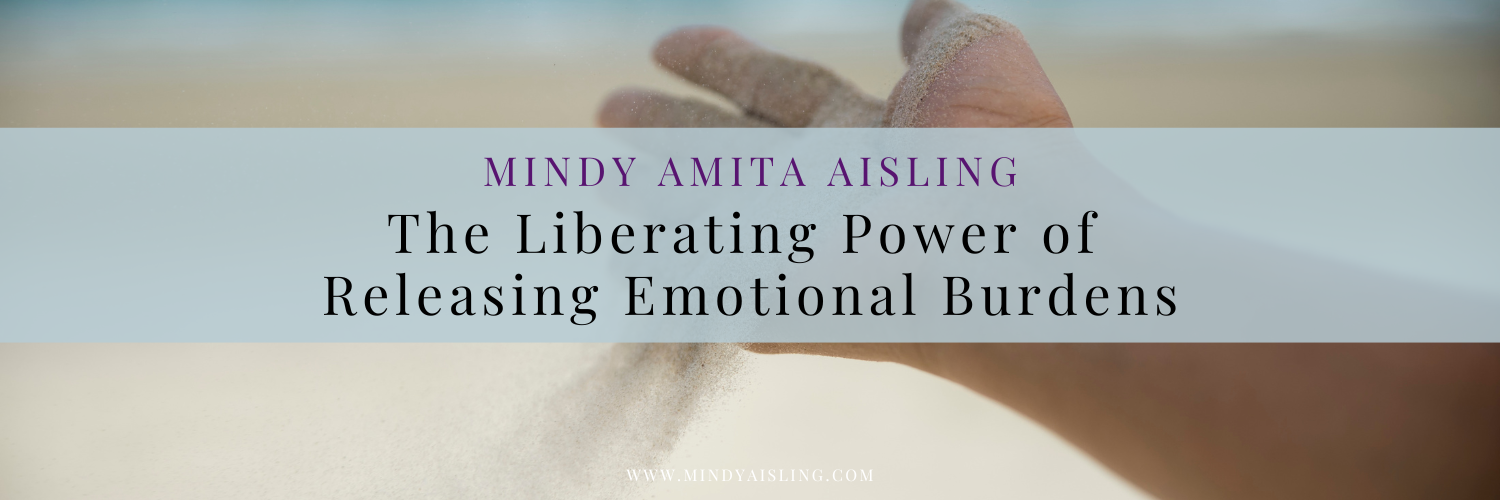
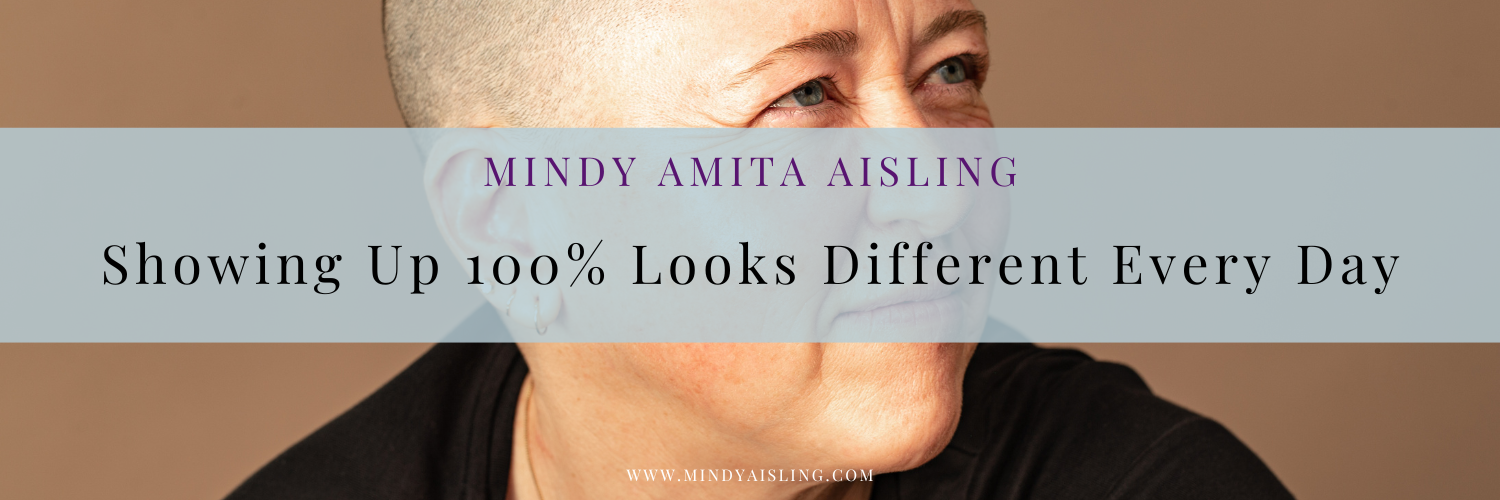
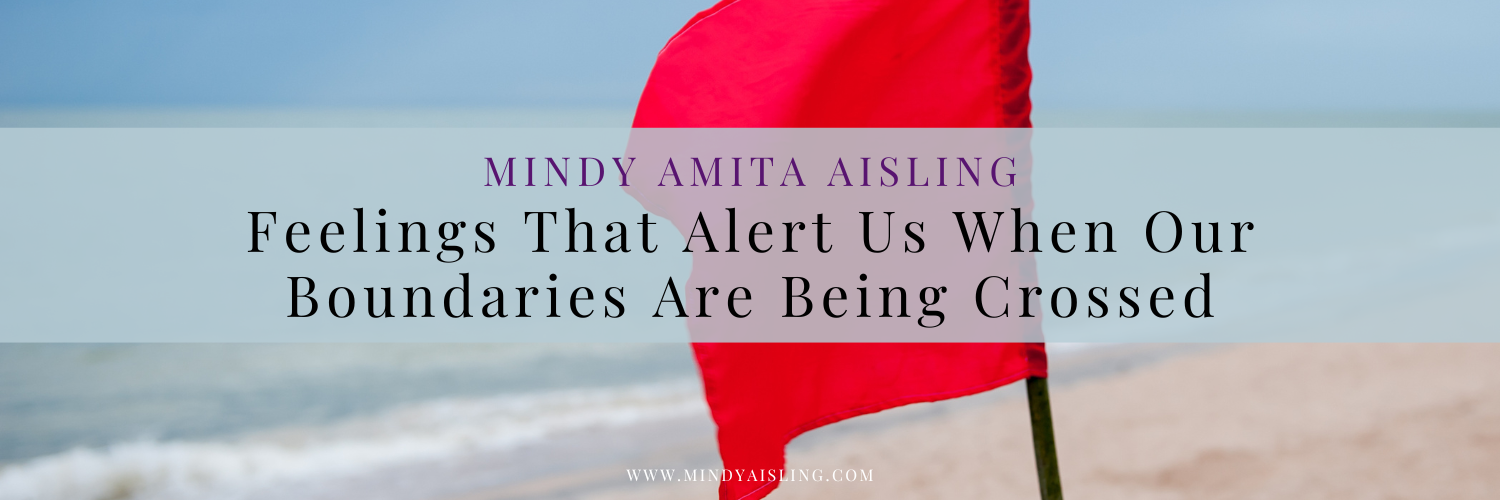
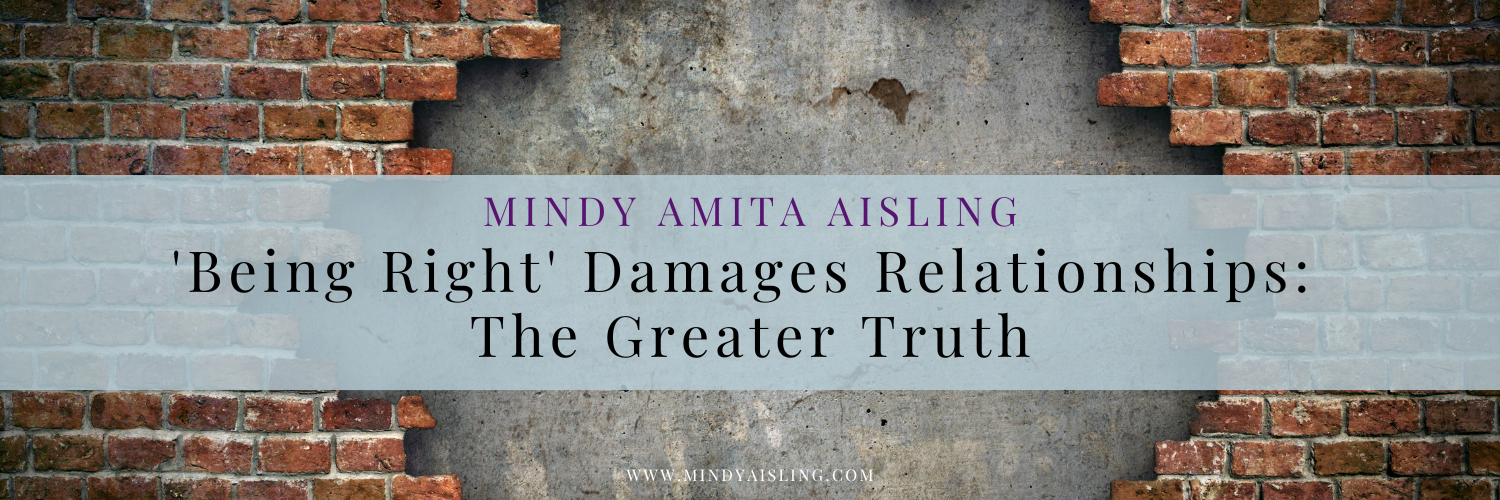
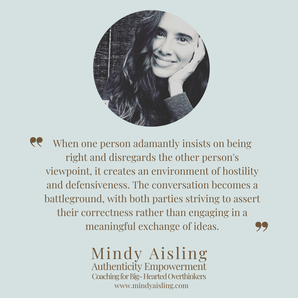

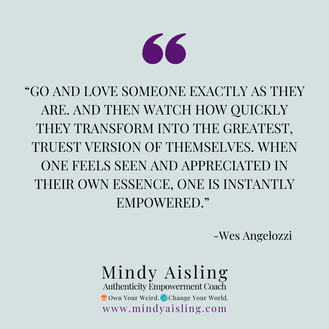
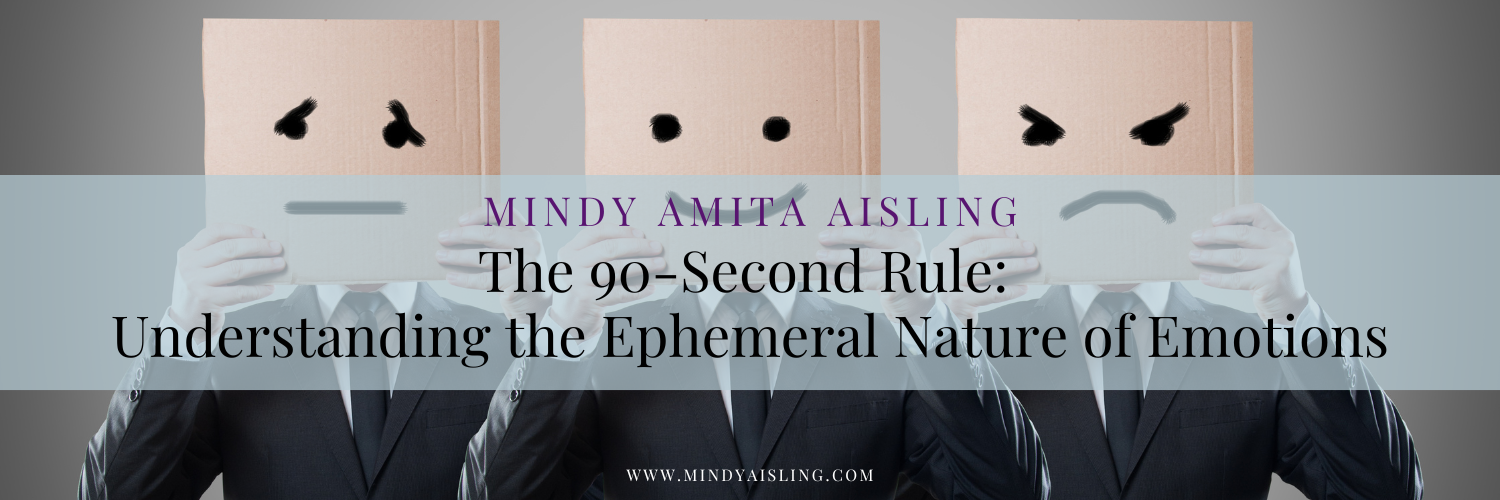

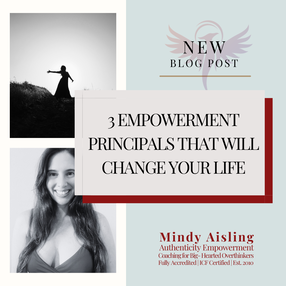


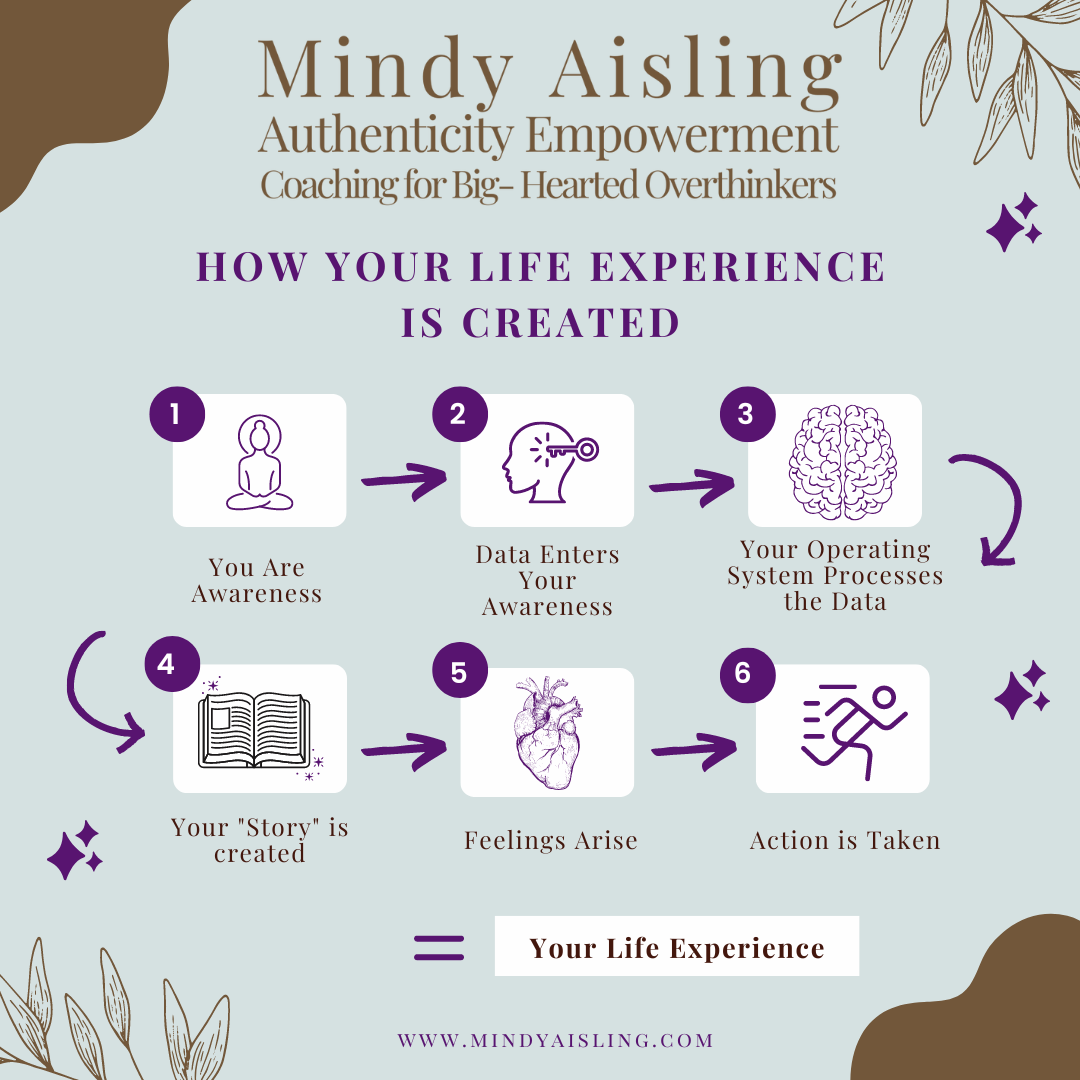
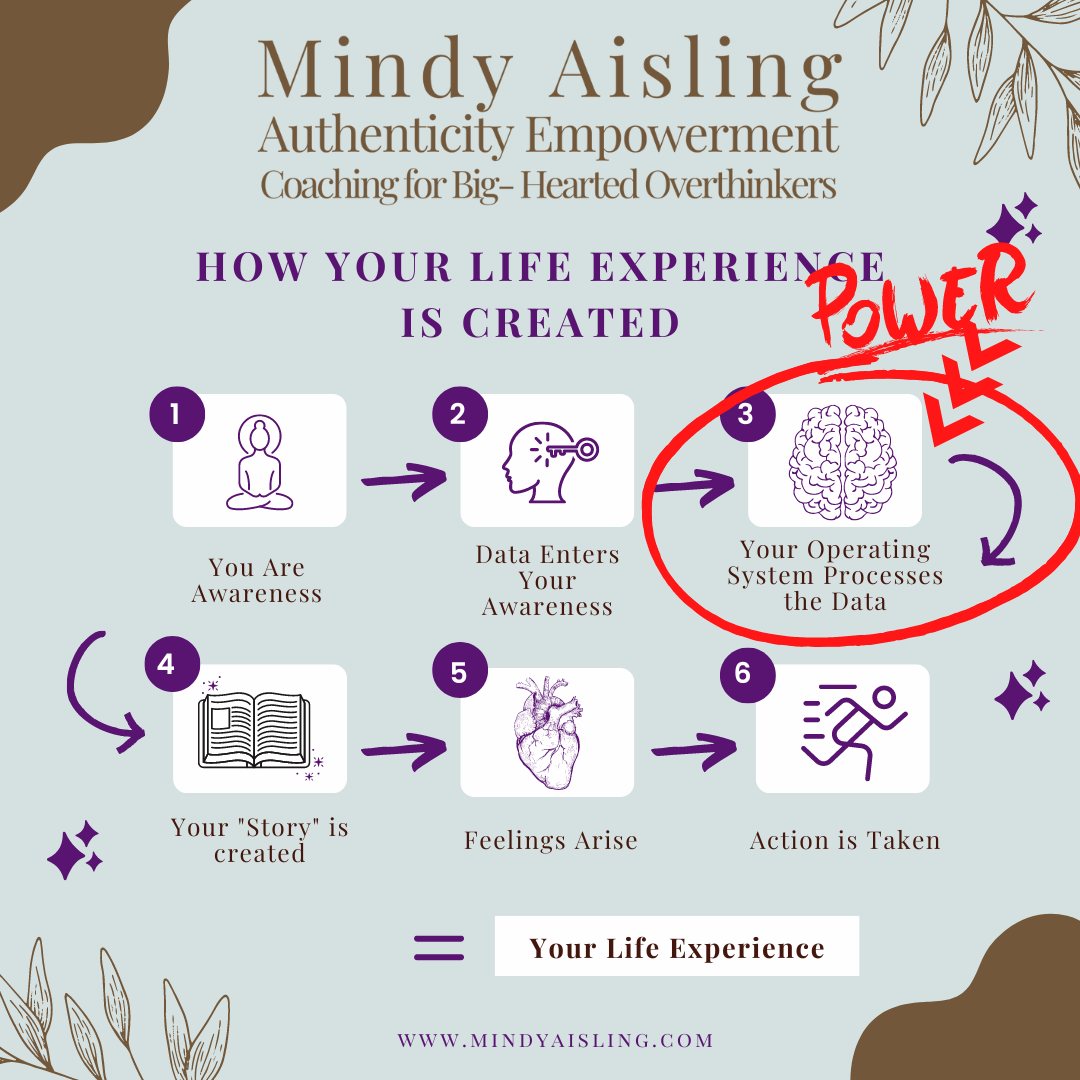

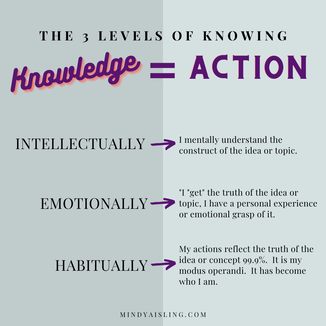
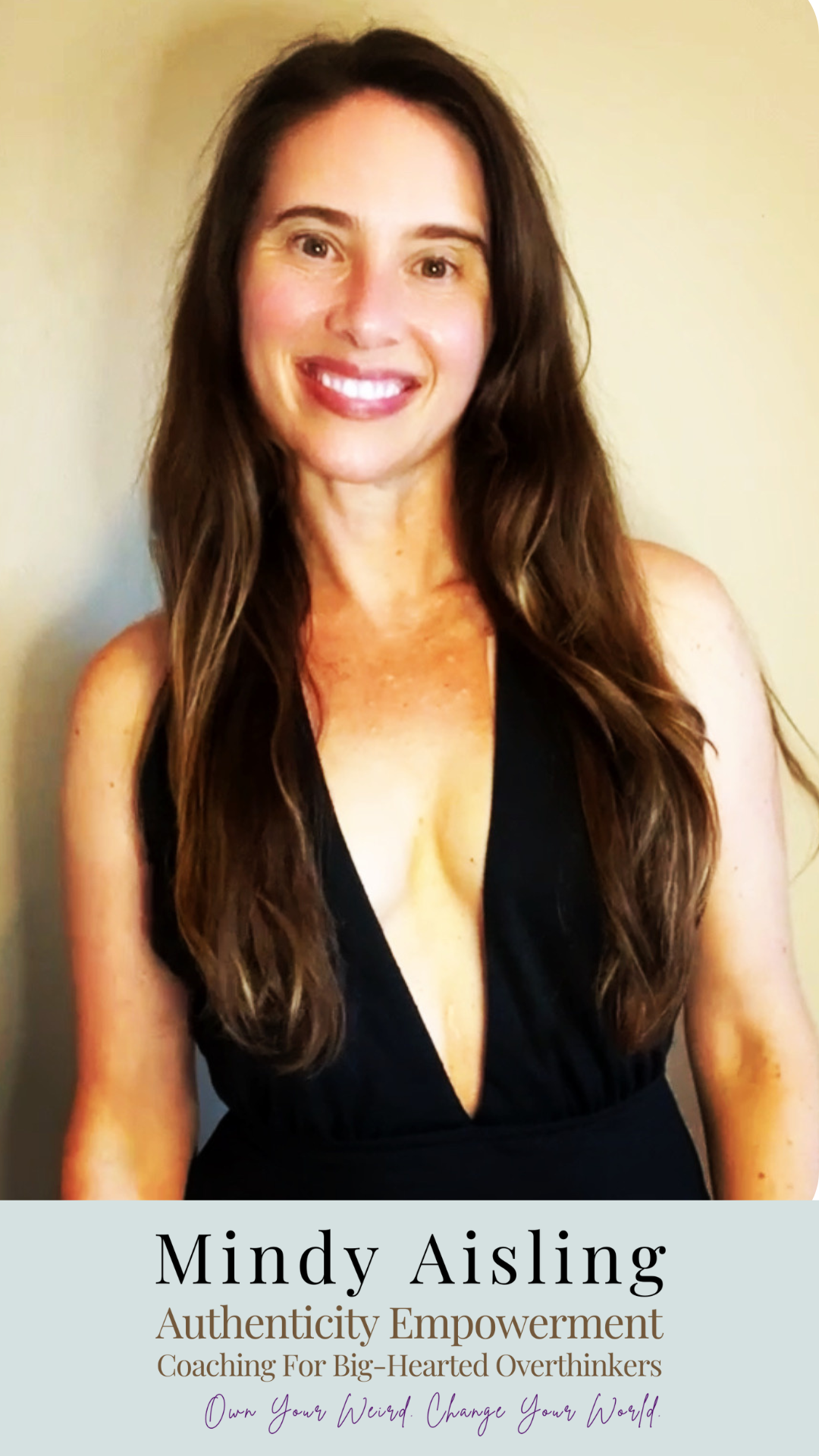
 RSS Feed
RSS Feed
